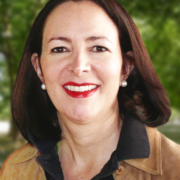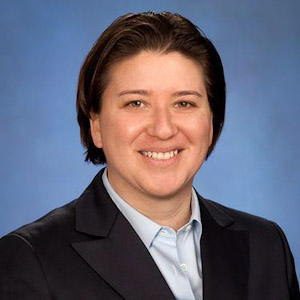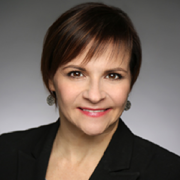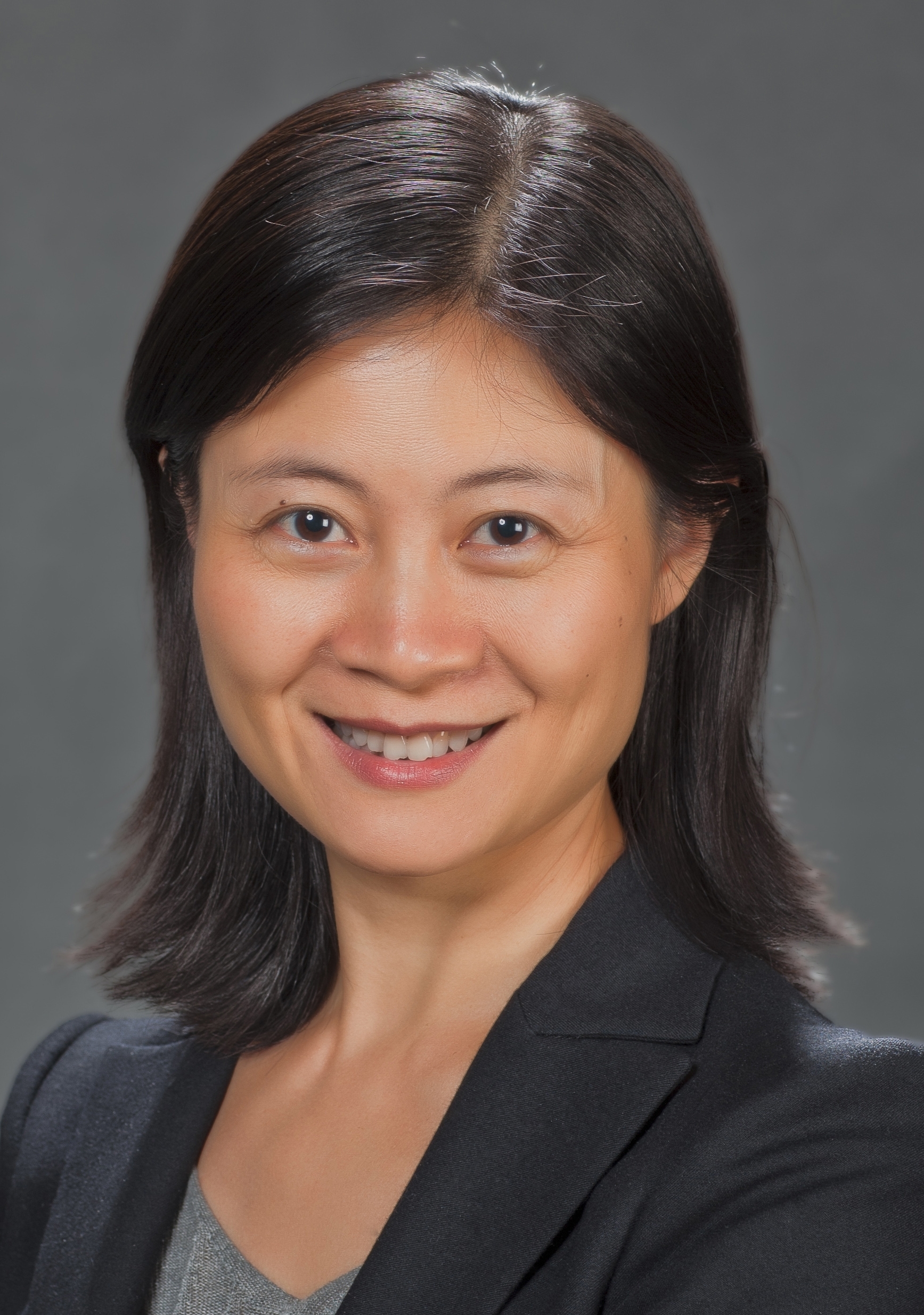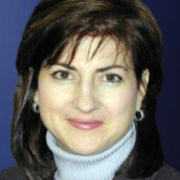Voice of Experience: Jessica K. Delbaum, Antitrust Partner at Shearman & Sterling LLP
By Cathie Ericson
 According to Jessica K. Delbaum, a leading antitrust partner at global law firm Shearman & Sterling LLP, plotting a successful career path involves looking beyond the expectations of an entry-level position and determining if you’ll be excited by future prospects in the practice you pursue. “Look ahead at what senior practitioners are doing, because you won’t be at your current level for long,” she advises. “Make sure it’s fascinating and rewarding.”
According to Jessica K. Delbaum, a leading antitrust partner at global law firm Shearman & Sterling LLP, plotting a successful career path involves looking beyond the expectations of an entry-level position and determining if you’ll be excited by future prospects in the practice you pursue. “Look ahead at what senior practitioners are doing, because you won’t be at your current level for long,” she advises. “Make sure it’s fascinating and rewarding.”
Delbaum took her own advice to heart when she pursued her career path in the antitrust field. As an undergrad, she majored in economics and philosophy, but decided to start her career as a legal assistant, joining Shearman & Sterling right after graduating from Columbia College. She quickly realized she had found her calling and went back to school at Harvard Law. She spent her first summer in the criminal division of the U.S. Attorney’s office in the Eastern District of New York, but an antitrust class she took in her second year of law school provided much-needed career direction. “I was almost immediately won over by antitrust’s complex and stimulating mix of corporate law, litigation, criminal work and business – all in one body of law,” Delbaum recalls. Soon after, a stint as a summer associate, with an emphasis on antitrust, confirmed her interest in both its theoretical and practical applications.
After law school graduation, Delbaum began her career as an Attorney General’s Honors Program Attorney in the U.S. Department of Justice Antitrust Division in Washington, DC. She says, “It was a phenomenal experience, working with an incredible group of attorneys and economists, including many women in leadership positions.” Delbaum also recalls having the unique opportunity to depose a Fortune 50 CEO in her first year of work.
After a few years of rewarding work at the DOJ, she missed New York and decided it was time to try private practice. She joined Shearman & Sterling in November 2004 — first as an associate and then becoming counsel and ultimately a partner.
Today, the most rewarding part of her job is helping clients achieve their strategic goals as they navigate the complexity of the antitrust realm. “We use different tactics depending on their goals,” she explains, “so my job is to listen carefully to the client and then apply my knowledge and expertise to help them make practical choices and achieve their objectives as painlessly as possible.”
Currently she is wrapping up a multi-billion dollar pharmaceutical transaction and juggling several other client assignments. She says, “I love substantive, complicated issues, and I find the more I delve into any industry – whether it’s industrial gases or medical devices – the more interesting it gets.”
The legal industry itself continues to fascinate her as companies realize that antitrust issues extend far beyond U.S. borders to incorporate international factors. Today, for example, completing a significant merger transaction will likely involve discussions with antitrust agencies from all over the world – a specialty for her and for Shearman & Sterling.
Changing Expectations
Stepping back from her client work, Delbaum sees a changing face of Big Law and an ever-evolving way of servicing today’s clients. She has seen shifts that extend from client expectations to the expectations of incoming lawyers. Successful practitioners, she says, will learn to navigate these different stakeholders.
This has a significant impact, in particular, in the way that young lawyers work, especially in their emphasis on work-life balance. “Incoming associates are typically very tech savvy and adapt well to our fast-paced work environment, but work isn’t everything to them,” Delbaum says. “They crave a more well-rounded life and experience, and the challenge is to see how that dovetails with private practice and the needs of our international clientele and the pace of our transactions.”
She cites the issue of clients with pressing problems – often in multiple time zones – and the lawyers who also want some balance in their life. That equilibrium is both helped and harmed by technology – on the one hand, you can take care of what you need to wherever you are; conversely, no one is completely unplugged and it’s more difficult to carve out that sacred personal time.
“It used to be we’d have a week to sift through new documents and offer recommendations; now we get something at 4 p.m. and clients often want feedback the next morning – in whatever time zone they’re in,” she says. “As a partner in the firm, my role is to service our clients and also to help newer associates learn how to find a balance.”
Helping Associates be WISER
Shearman & Sterling offers a wide variety of career development opportunities, many of which Delbaum helps oversee. She is one of the co-partner advisers for the firm’s Women’s Initiative for Success, Excellence and Retention (WISER) – a group that was initially internally focused but has become increasingly focused on business development and other external factors. She is also co-chair of the firm’s global Associate Development Partners Committee, responsible for development, training and mentoring of the firm’s roughly 600 associates worldwide.
In addition, Delbaum is active in the firm’s efforts around Sheryl Sandberg’s Lean In movement. “We were one of the first firms to join the movement, and we learned very quickly that the challenge was how to make it actionable,” she says. The firm developed a program offering “Lean in Resource Partners,” of which Delbaum is one. We have regular sessions with both male and female associates.; the meetings typically feature a video and discussion, followed by a break-out session, and concluding with a group session to report valuable take-aways. “This has been a hugely successful endeavor that has helped facilitate better camaraderie and enhance careers and daily interaction,” she adds.
Internal and External Networks Key to Success
Over the years, Delbaum has learned the importance of developing both her internal and external networks. While she spent the early part of her career focusing on internal network building as a natural extension of her role, she wishes she had also focused on expanding her external associations. She advocates that newer practitioners network not only within their narrow area of expertise, but also within the larger legal and business community.
And she feels that the challenges apply equally to women who are her peers and those starting their journey. “We are great resources for each other,” she says, “and we need to take advantage of any opportunities to mingle our professional groups to help nurture potential business contacts.”
All Work, No Play…
Delbaum readily admits that one of the perks of her globe-trotting career is the opportunity to visit places she otherwise wouldn’t. She takes advantage of her robust travel schedule to blend in personal travel as well — a recent client trip to South Africa ended with a memorable two-day safari.
“Since I have to travel so extensively for work, why not combine it with some fun when I can?” she says, noting that travel experiences are also beneficial for building connections. As an example, she cites a Japanese client who had sent her a holiday card featuring a print from renowned Japanese artist Hokusai. She happened to mention to the client that she had just seen an exhibit of his work in Paris over her holiday vacation, and that spurred an extended conversation and a closer client relationship. “I Iove to travel, and it really can open other doors,” she says.
In addition, Delbaum makes time for yoga, both for the physical aspects and her burgeoning interest in the mental benefits of the meditation period at the end. “It’s good for body and soul,” she says.

